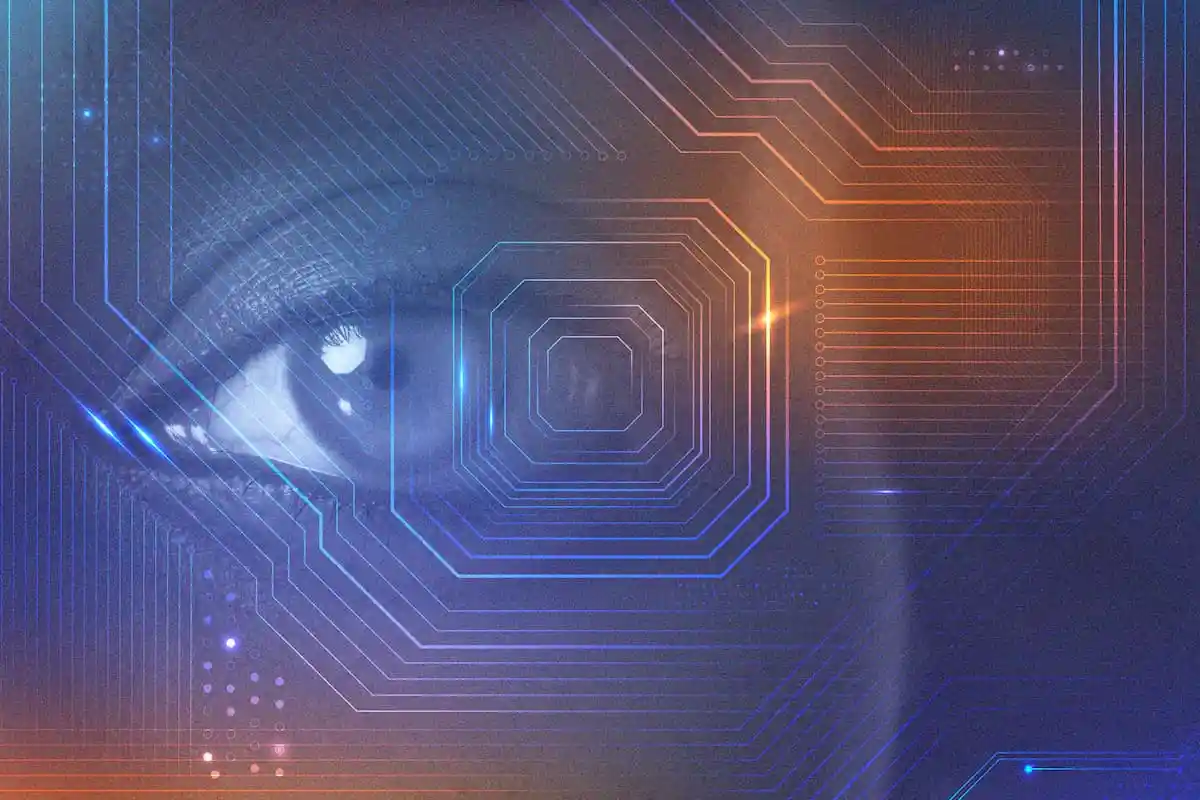Understanding the ISO 30107-3 Standard for Biometric Security
With the rapid advancements in technology, the security industry has seen significant shifts in recent years. Among these changes, one of the most notable is the increasing reliance on biometric security systems. As these systems continue to evolve and become more sophisticated, so too do the challenges posed by potential threats, such as deepfakes and spoofing.
In this article, we will explore the evolving landscape of biometric security and the role of the International Organization for Standardization (ISO) 30107-3 standard in protecting user data and privacy. Furthermore, we will discuss the benefits of using a decentralized KYC solution, such as Togggle, that empowers users to take control of their personal information.
Biometric security has come a long way since its inception, with various technologies now in use, including fingerprint scanning, facial recognition, iris scanning, and voice recognition. While these methods offer increased convenience and security, they are not without their vulnerabilities. Enter deepfakes and spoofing, two rapidly emerging threats that have the potential to undermine the integrity of biometric security systems.
The Rise of Deepfakes: A New Challenge for Biometric Authentication
Deepfakes, a term coined in 2017, refers to the use of artificial intelligence (AI) to create realistic-looking videos, images, or audio recordings of people who either do not exist or are manipulated to say or do things they never actually did. As deepfake technology becomes increasingly sophisticated, there is a growing concern that it could be used to bypass biometric security measures, particularly facial recognition systems. Spoofing, on the other hand, is a more traditional method of fooling biometric systems by presenting false or manipulated biometric data, such as fake fingerprints, photos, or voice recordings.
To combat these emerging threats, organizations are turning to the ISO 30107-3 standard. This international standard provides guidelines for testing biometric systems' vulnerability to various attacks, including deepfakes and spoofing. By adhering to the ISO 30107-3 standard, security providers can ensure that their biometric systems are resistant to these types of attacks and provide a higher level of security for their users.
As biometric security systems continue to evolve, the need for improved privacy and user control over personal data becomes increasingly critical. One solution gaining traction is decentralized KYC (Know Your Customer) platforms, such as Togggle. These platforms offer users greater control over their personal data and empower them to decide who can access their information and for what purpose.
The Intersection of Deepfakes & Identity Verification
Togggle, a decentralized KYC solution, is at the forefront of this movement, allowing users to own and manage their personal data securely. By leveraging decentralized technology, Togggle ensures that users' data remains encrypted and tamper-proof, adding an additional layer of security to biometric systems. Users can rest assured that their sensitive information is protected from potential deepfake and spoofing attacks, while also benefiting from the convenience and security provided by biometric systems.
In summary, the evolving landscape of biometric security, marked by the rise of deepfakes and spoofing, underscores the importance of adhering to international standards like ISO 30107-3. These standards help ensure that biometric systems can effectively counteract emerging threats, safeguarding users' data and privacy. Furthermore, the adoption of decentralized KYC solutions, such as Togggle, empowers users to take control of their personal information, providing an additional layer of protection against potential security breaches. As technology continues to advance, it is crucial that we remain vigilant in our efforts to secure our digital identities and protect the integrity of biometric security systems.
Get Started Today!
Start securely onboarding new clients with our automated KYC verification. Get in touch with us today for a free demo.



